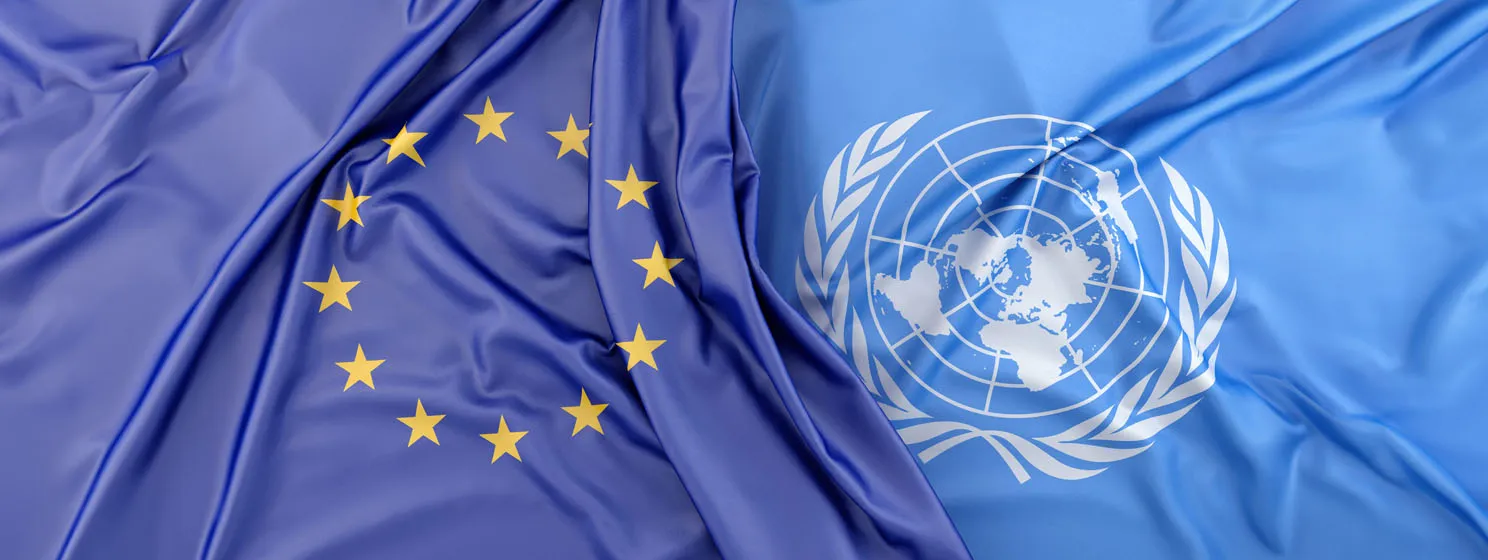|
Getting your Trinity Audio player ready...
|
The Information Technology & Innovation Foundation (ITIF) has released a comprehensive set of guidelines that aims at giving direction to policy makers on how to regulate blockchain technology.
The Washington-based nonprofit organization provides analyses and information to policy makers to aid in the development of public policies. Its focus is mainly on policies that spur technological innovations.
Policy makers can and should do more to support blockchain innovation and adoption, the organization believes. In doing so, they’ll spark a revolution that will solve many of the challenges that plague us today. They wrote:
“Blockchain offers many important benefits when there is no existing intermediary, existing intermediaries are costly or unreliable, or existing intermediaries can use blockchain to efficiently increase the transparency, security, or reliability of their records.”
One of the key challenges for blockchain regulation is the conflict in regulatory practices across jurisdictions, the organization believes. In the U.S alone, there are over five entities, all of whom have different approaches on blockchain regulation. The CFTC regulates blockchain-based businesses, ensuring fair practices; the Securities and Exchange Commission (SEC) oversees cryptos that qualify as securities; the FDA regulates blockchain in drug supply chains and more. As such, there lacks universal blockchain regulations which only increases the confusion.
Nevertheless, there are some principle areas that must be looked at by regulators in order to foster blockchain development. The first is financial regulation, with blockchain technology being majorly used in financial applications, including in crypto. Consumer protection, privacy, digital content regulation and taxation are the other key areas that policy makers must focus on.
In order to realize the full potential of blockchain technology, policy makers must enable organizations to experiment with the technology. They can do this by ensuring tech neutrality, wherein “they support efforts to increase digitization, but be neutral as to what technology is best suited for any particular application.”
ITIF also recommended that policy makers take the lead in blockchain adoption to spur growth of the technology. Providing support for blockchain research and development, promoting data interoperability for blockchain applications and harmonizing blockchain regulations across different industries will also go a long way in supporting the blockchain revolution.
The recommendations come at an uncertain time for blockchain and cryptos. Despite increasing massively in popularity, this new technology is yet to be fully regulated by most regions. In others, authorities have sought to ban it altogether. India was the latest to shock the world after announcing that it was working on a bill that could effectively ban cryptos in the country.

 07-02-2025
07-02-2025 





